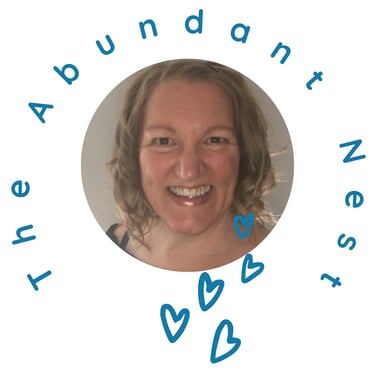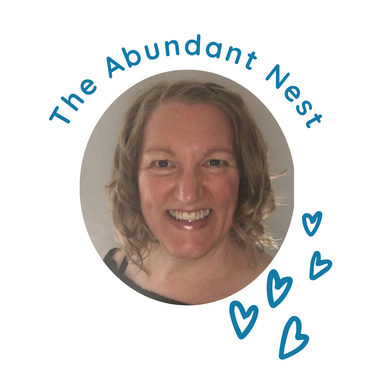Momancholy: Coping with the Melancholy of an Empty Nest
A PURPOSEFUL LIFE
Jane Victoria Hide


When my children were still at home, my days were filled with the hustle and bustle of caring for them. I was the one who kept everything running smoothly, from school drop-offs to bedtime stories. While I prepared myself for their leaving I discovered something called—momancholy. It’s that unique sadness that comes from watching your children grow up and move on, leaving you with a quiet home and a heart full of memories.
If you’re an empty nester like me, you know this feeling all too well. The transition is tough, but understanding and coping with momancholy is the first step towards finding peace and purpose in this new phase of life.
What is Momancholy?
The day our youngest child moved out, I felt a deep sense of pride, but also an overwhelming wave of sadness. I had prepared myself for the quiet, the empty rooms, and the slower pace of life, I had also anticipated the deep feeling of loss and sadness —the momancholy. It’s a feeling that’s hard to describe unless you’ve experienced it yourself. It’s not just missing your children; it’s a profound sense of loss and a longing for the days when your role as a mother was your entire world. This is why we took a year out and left our family home.
If you’re navigating this emotional terrain, know that you’re not alone. Momancholy is a common, if rarely discussed, part of the empty nest experience. But while it’s normal to feel this way, it’s also important to find ways to cope, heal, and eventually, rediscover joy.
Embrace the Grief
One of the first steps in coping with momancholy is allowing yourself to grieve. It’s okay to feel sad, to miss the days when your home was full of life and laughter. Acknowledging these feelings is the first step towards healing. Don’t rush through this process or push your emotions aside. Allow yourself to feel the loss, because it’s a natural part of this transition. Grief is not a sign of weakness; it’s a testament to the deep love you have for your children.
Read about the Stages of Grief in this BLOG POST.
Rediscover Your Identity
For so long, your identity may have been wrapped up in being a mum. Now that your children have moved on, it’s time to rediscover who you are outside of that role. What are your passions? What hobbies or interests have you put on hold? This is an opportunity to reconnect with yourself, to explore new activities, or even pursue dreams that were once put on the back burner. By nurturing your own identity, you’ll find a renewed sense of purpose and fulfilment.
Use our Guide to Living an Intentional Life to discover your passions.
Connect with Other Empty Nesters
Momancholy can feel isolating, but you don’t have to go through it alone. Connecting with other empty nesters who understand what you’re going through can be incredibly comforting. Whether it’s through local support groups, online communities, or friendships, sharing your experiences and hearing others’ stories can help you feel less alone. It’s a reminder that your feelings are valid and that many others are walking the same path.
Focus on the Positives
While momancholy can feel all-consuming, it’s important to remember that this new chapter of life also brings positives. Your children are out in the world, pursuing their dreams, and that’s something to celebrate. This phase of life also offers you more time to focus on your own needs, to travel, explore new hobbies, or simply enjoy a slower pace of life. Shifting your focus from what you’ve lost to what you’ve gained can help you see this time as an opportunity rather than a loss.
Take a look at this BLOG POST to discover more ideas.
Seek Professional Help if Needed
Sometimes, momancholy can be overwhelming, and it might feel like it’s more than you can handle on your own. If your feelings of sadness are persistent and interfere with your daily life, it might be time to seek professional help. Therapists or counsellors who specialise in life transitions can provide the support and tools you need to navigate this challenging time. Remember, asking for help is a sign of strength, not weakness.
Momancholy is a deeply emotional experience that many empty nesters face. It’s a reflection of the love and dedication we’ve poured into our children over the years. But while it’s natural to feel this sadness, it’s also important to remember that this is just one chapter in our lives. By embracing our grief, rediscovering our identity, connecting with others, and focusing on the positives, we can find our way through the melancholy and into a new, fulfilling phase of life. Our roles as mothers may have changed, but the love we carry will always remain, shaping the new paths we choose to take.
Come join our Community!
Would you love more tips and ideas?
To be notified of new blog posts?
To be the first to receive freebies that are made with you in mind?
To hear about programs and courses that are designed specifically for you?
Then you must sign up for our
Weekly Newsletter
and keep your nest abundant.
Love and Support
Jane


